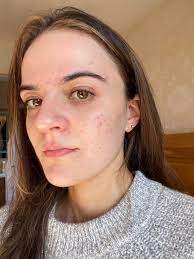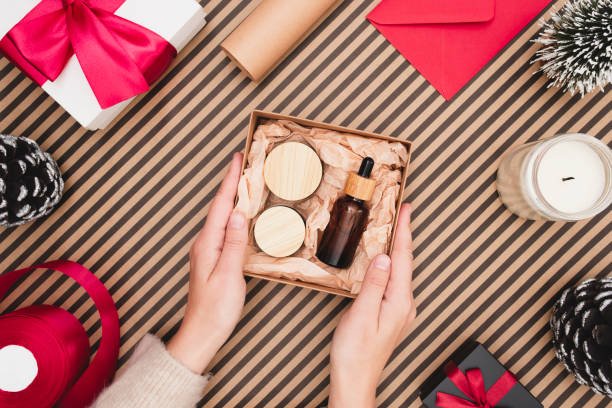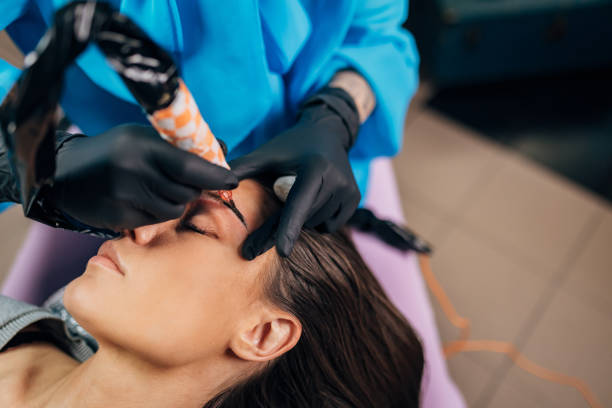Whether you’re a new client or an old one, you’ll often hear me refer to your “barrier” function. Everything I do, every modality I use, is designed to support the natural ecosystem that nature has given us. Your barrier is something you may not have heard of if you haven’t been to me in a while. Unfortunately, it is something that I have learned a lot about from working in the industry. Let’s discuss why our skin is constantly being exfoliated, burned, sandpapered, etc.
We will call our natural ecosystem the barrier (also known by your acid mantle and hydrolipidic film) for simplicity. The barrier is a delicate and essential layer on your skin. This protective layer is naturally produced and thin. It covers your skin with oils, fatty acids, amino acids, and our skin’s natural moisturizing factor.
This is the skin’s defense against water loss and bad, foreign bacteria. Your skin will look radiant, healthy and fresh when your barrier is strong. You don’t feel the infamous’sensitivity’ that seems to be rife. Your skin has a smooth texture, and your pores are clean. Although breakouts can occur, they disappear quickly and without scarring.
The barrier protects your skin from the elements and helps skin cells stay flat & tight (like roof tiles). It also makes it difficult for bacteria and other microbes to penetrate your skin.
This layer is so vital that we would never want to harm it. It seems strange to think that we would want to destroy the mechanism nature gave us to keep our skin healthy and good-looking. You can wash your skin to remove this barrier. Alkaline soaps and body washes can neutralize them. Healthy skin is between 4.5 and 5.5 pH. Your skin will feel tight and squeaky clean when you exfoliate or cleanse it. This can increase your risk of skin infection and skin damage.
It would help if you educated yourself and did not believe the hype of mainstream marketing would lead you to believe that you must burn, peel, scrub or scrape your barrier (sometimes daily). You can have healthy, balanced skin. Less is more. Ingredients are important not only for your skin but also for our waterways and animals. I don’t know how often a client brought in bright, yellow, purple, indigo red, etc. creams smelling strongly of perfumes. The catchphrase was, “oh, it smells good enough for me to eat!” I immediately told them to throw it away, as this junk shouldn’t be near the perfect barrier. It isn’t very pleasant to think it will end up in the landfill or sink.
The beauty industry is guilty of testing on animals, using cheap and unsanitary ingredients and formulating products in an unsanitized environment. Beauty at all costs?
When you are doing your skincare routine tonight, ask yourself: Do I know what’s in my products? Do I want to put a brightly-colored cream/gel/liquid on my skin? It smells good enough to eat. How do I know that this hasn’t been tested on animals? These are some of those above.




